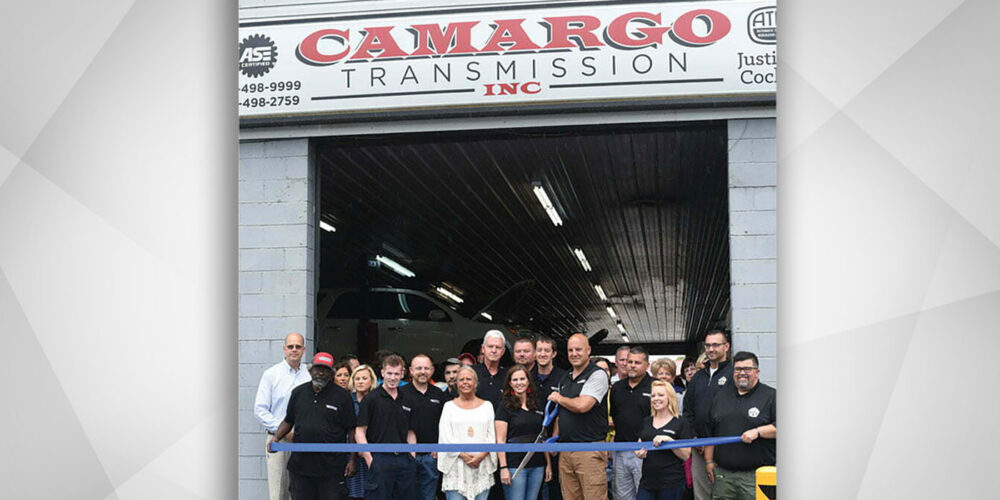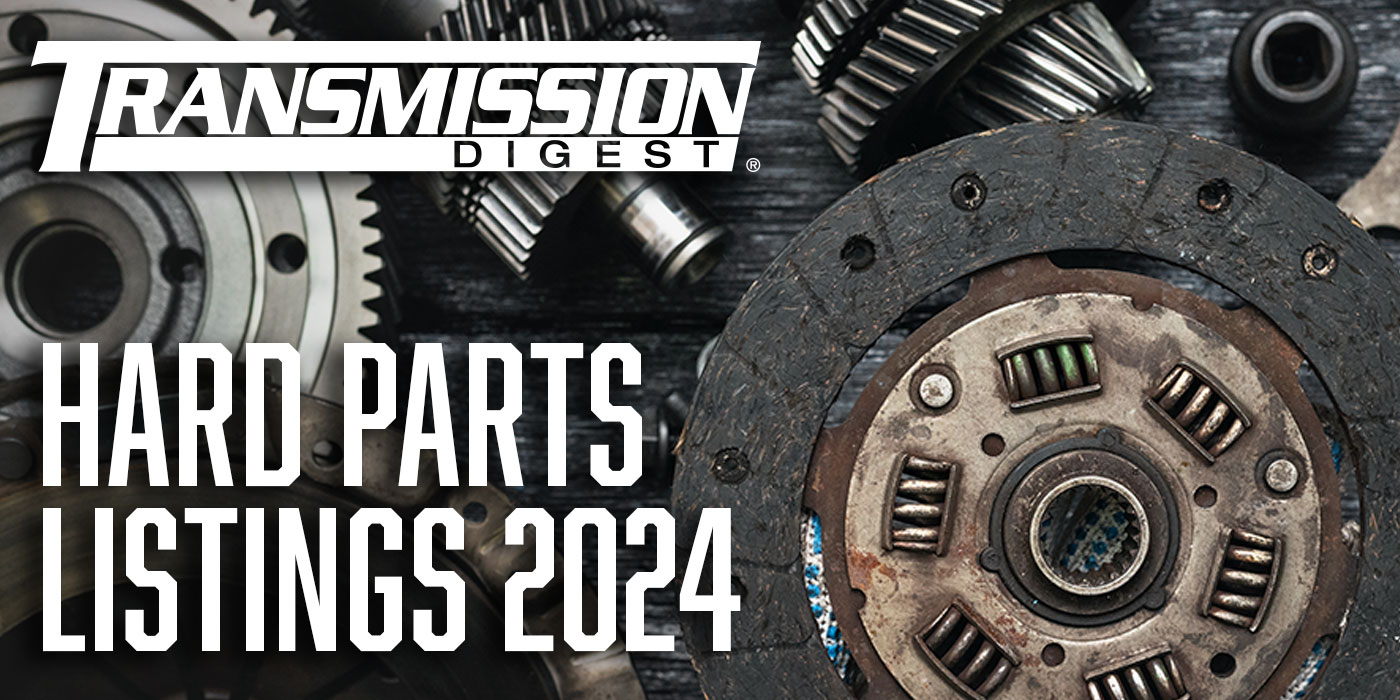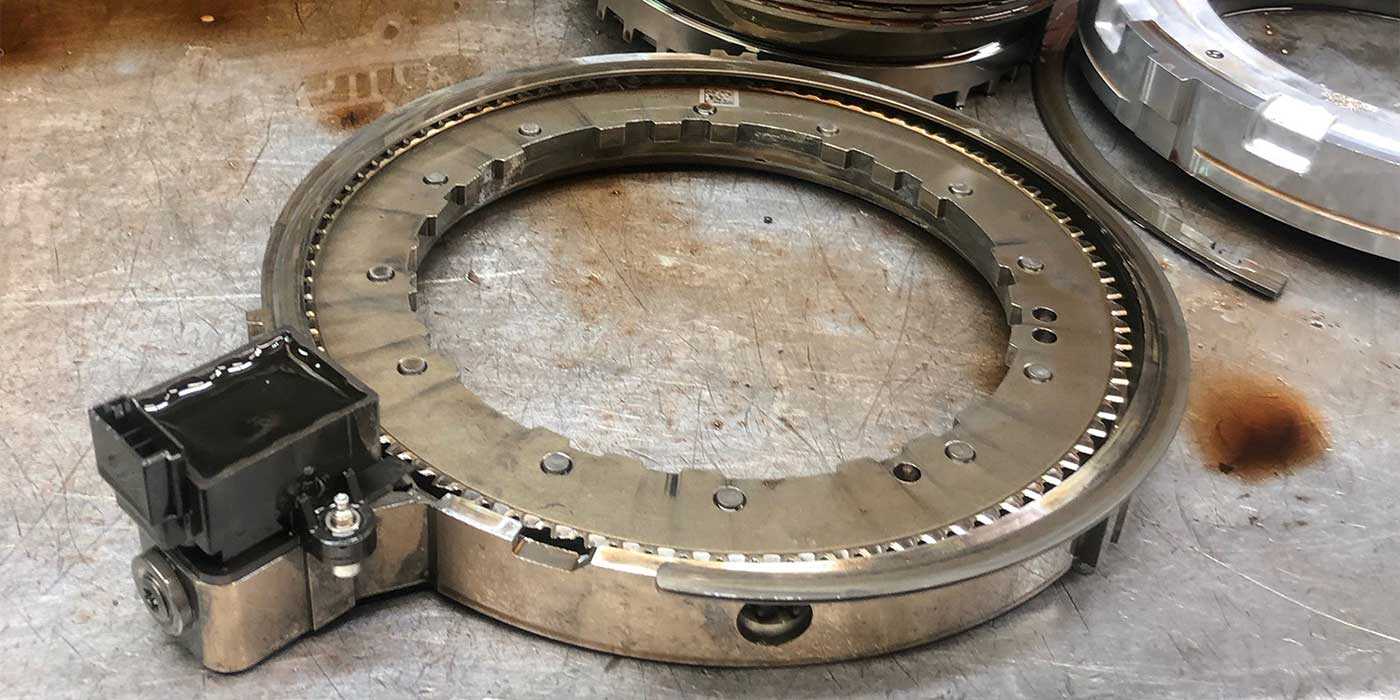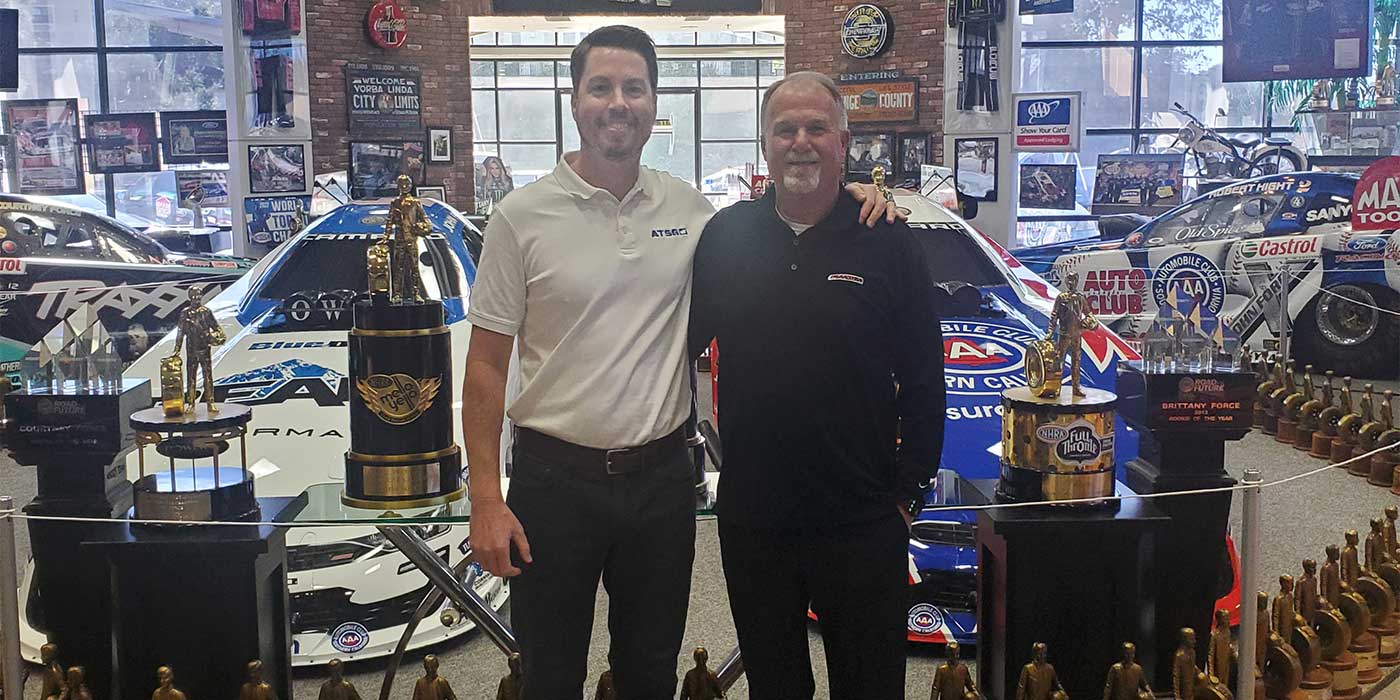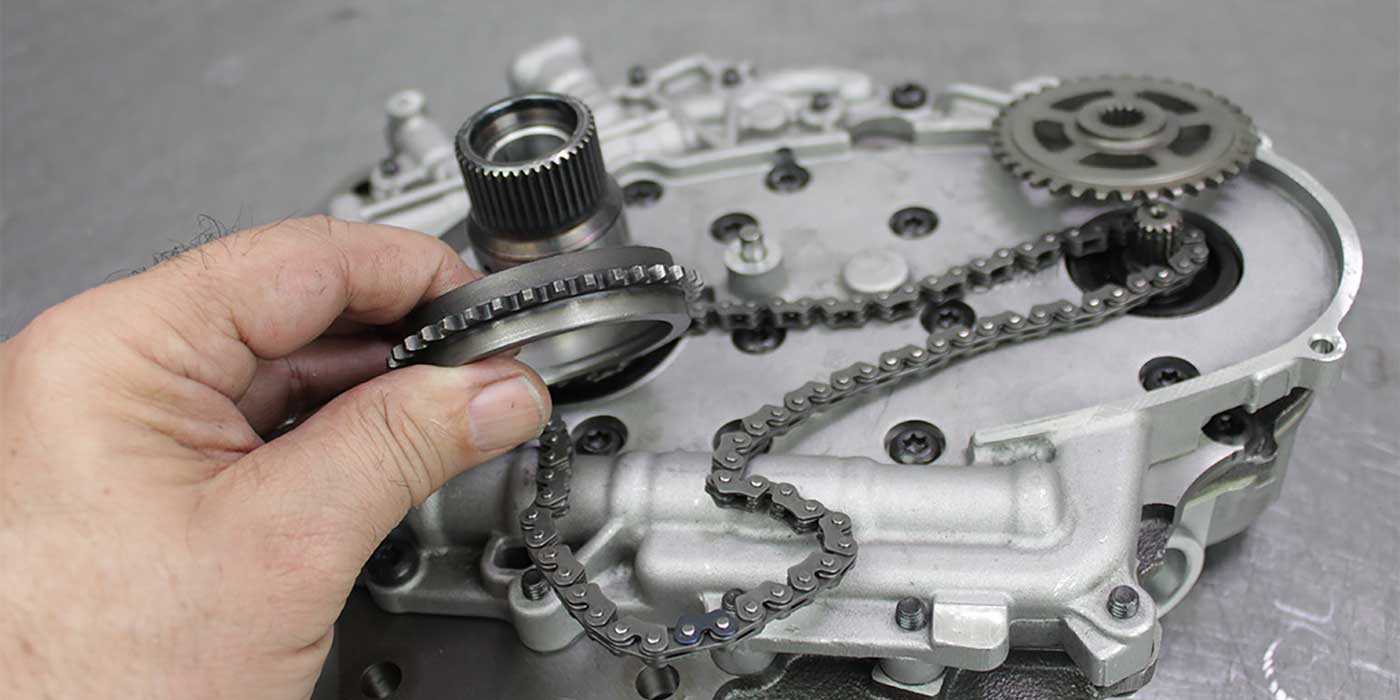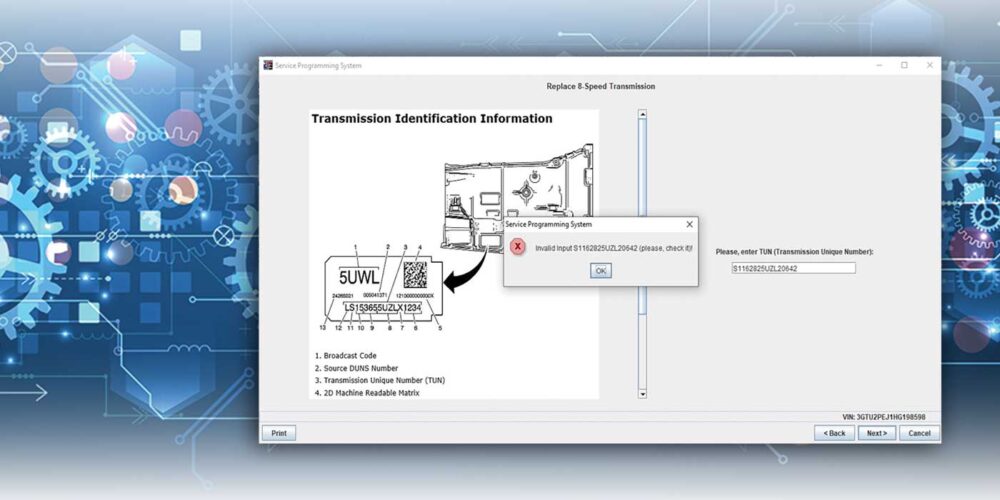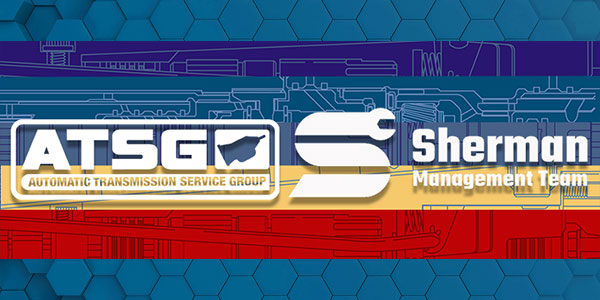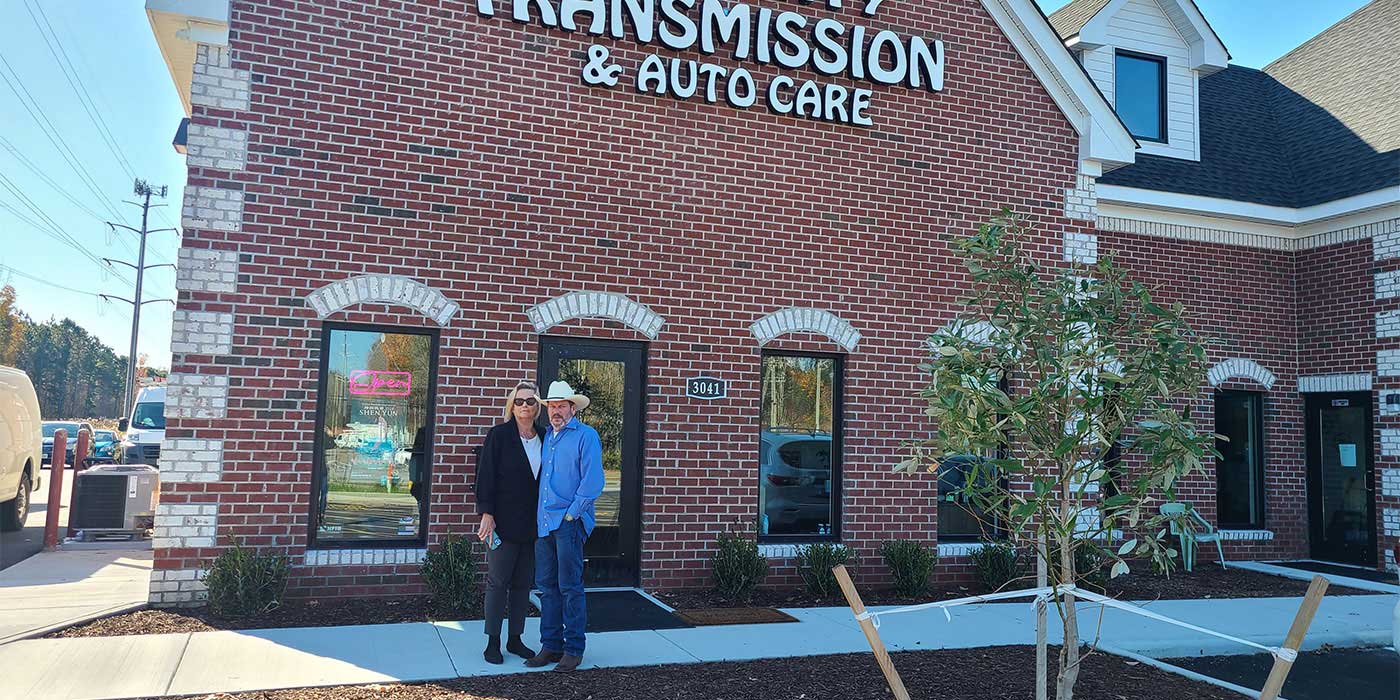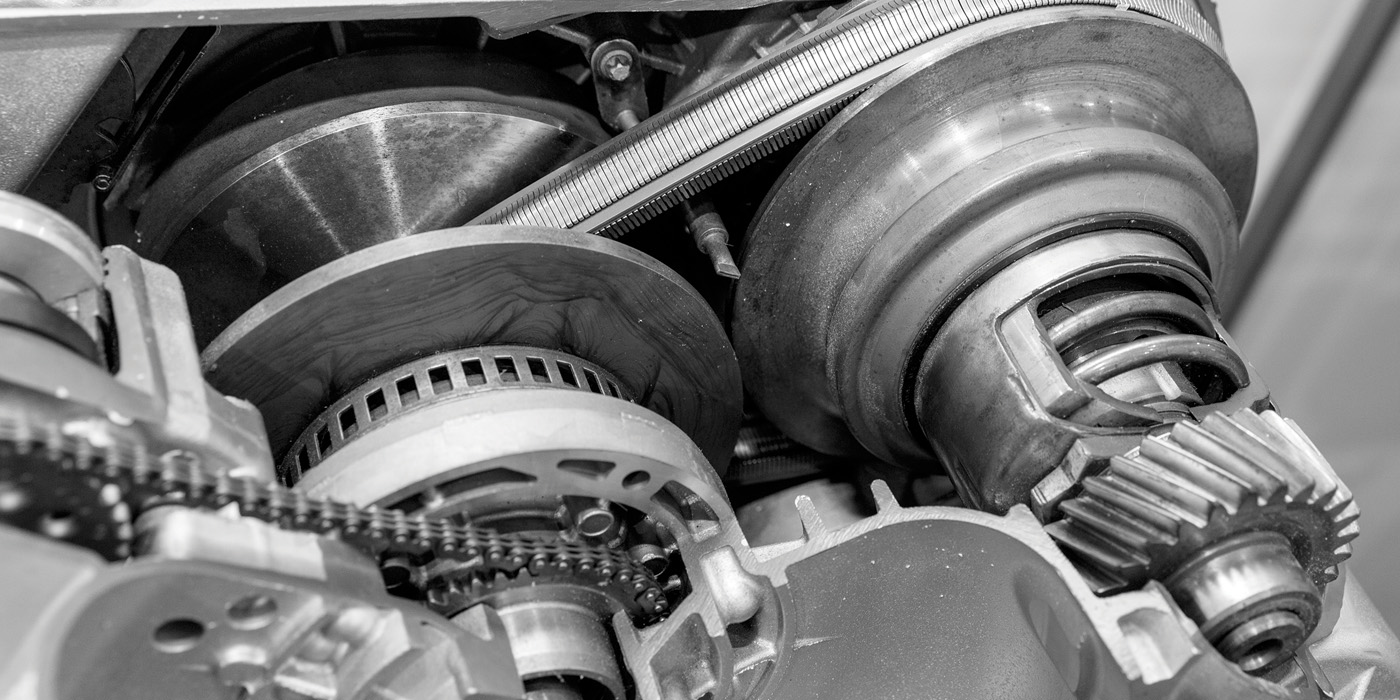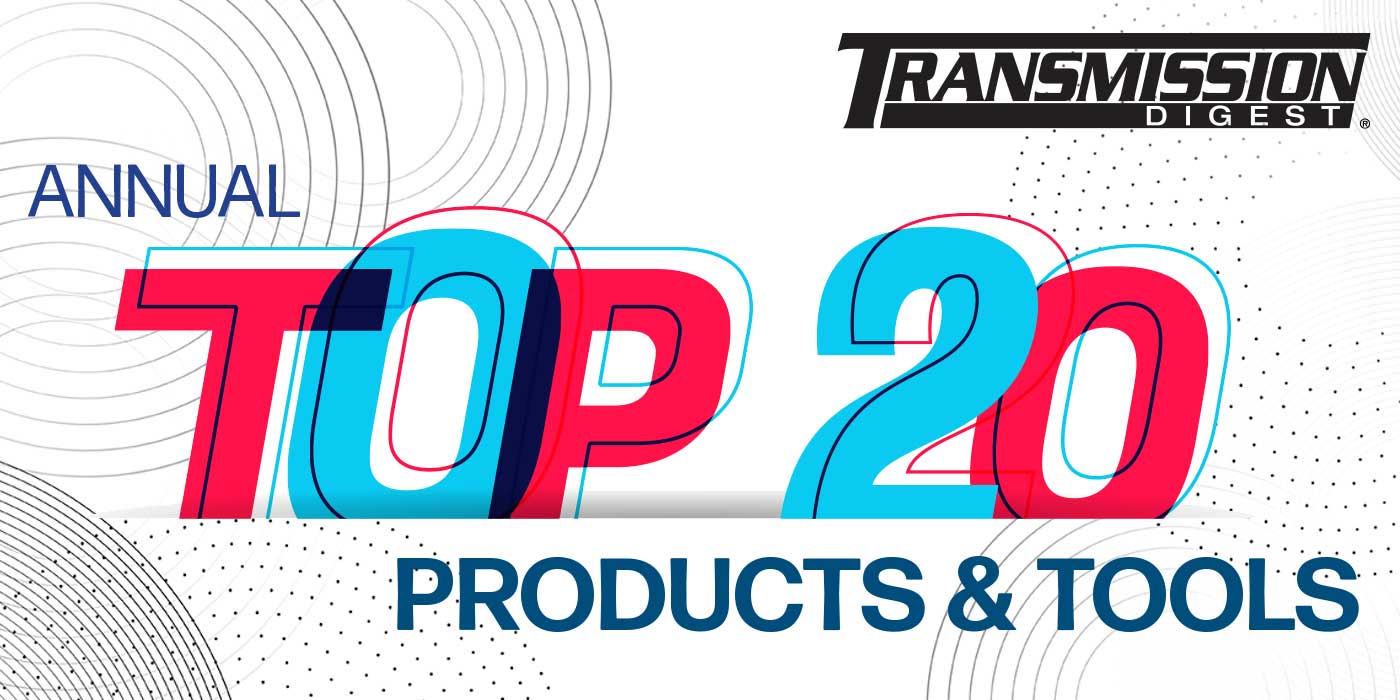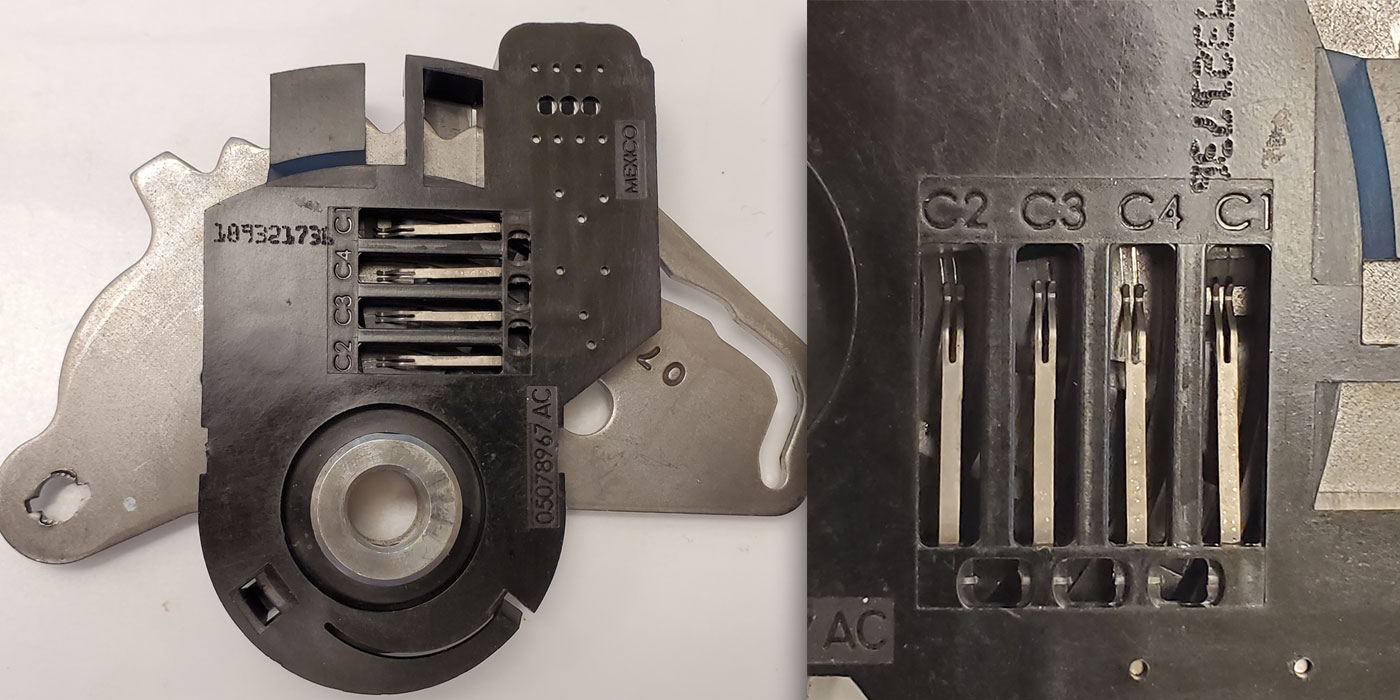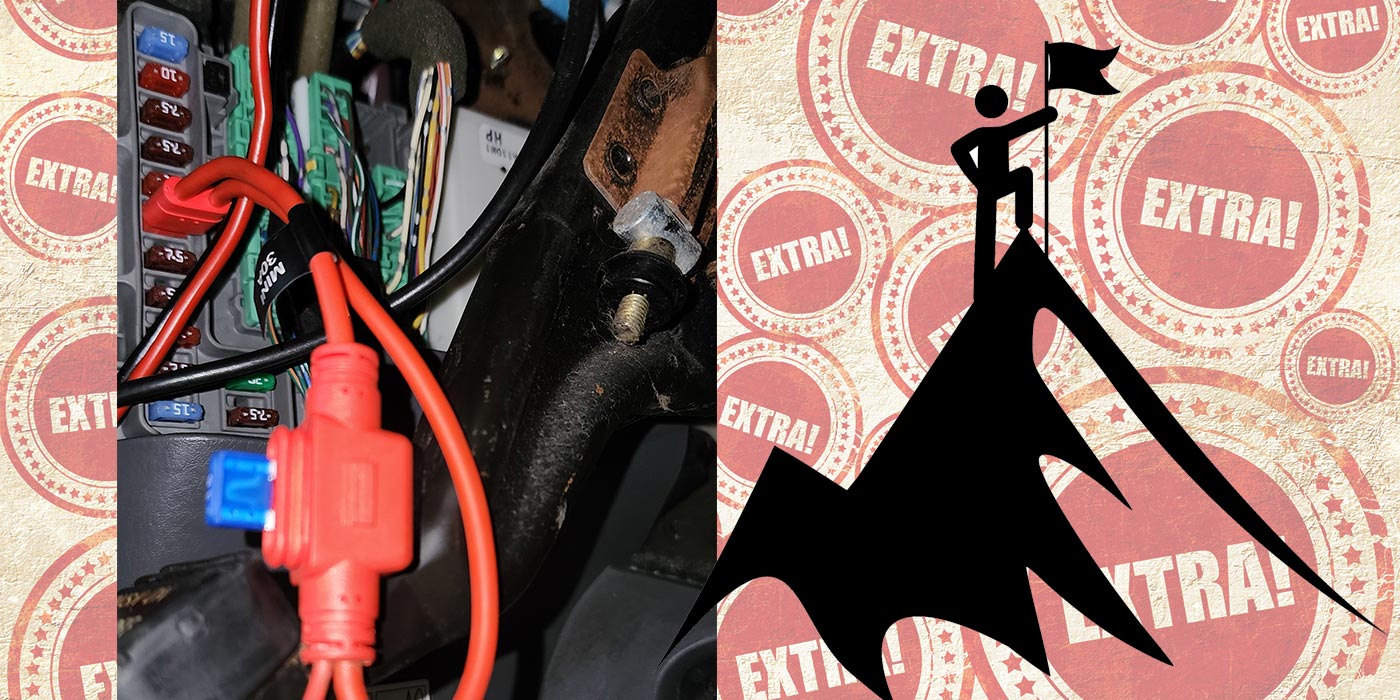Camargo Transmission, in Mount Sterling, Kentucky, first opened in 1918, when original owner William Cockrell returned home from World War I.
For a company that opened its doors just four years after Archduke Franz Ferdinand was shot to have weathered not just the Great Recession of 2007-08, but the Great Depression of the 1920s itself, as well as countless other ups and downs of history—well, they must be doing something right.
“We’re very blessed,” says Justin Cockrell, the fourth-generation owner.
That history runs deep in the shop’s past: In addition to William founding the shop after World War I, his son came to work there after serving in World War II, and grandson Larry (Justin’s father) came to the shop after a tour in the military as well.
Justin came to the shop in 2011, and says that Camargo is especially busy even now, in year 105.
“We’ve been going strong even since COVID; we’ve just been super busy,” he says. “We’re probably a month to a month and a half out at all times right now.”
The shop has specialized in transmissions for a long time, but has in the last decade branched out to full automotive service.
“People had a lot of requests to get things done,” Justin explains. “I never really had to advertise for it and still don’t. However, we’ve just started doing more because we have the equipment and capabilities and the knowledge.
“So we have four bays inside, and then I have two drive-on racks outside.”
As for the staff, it includes two builders, Steve Hager and Hunter Martin; Duncan Toy, an R&R specialist; and Dewey Jones, the bay foreman and electronics specialist. Justin’s wife, Stacey, also works at the business, on the payroll and office side of things, and the office also includes Chelsea Mitchell, the social media specialist. “And then I do most of the diagnostic work and all the customer care,” Justin adds.
Challenges
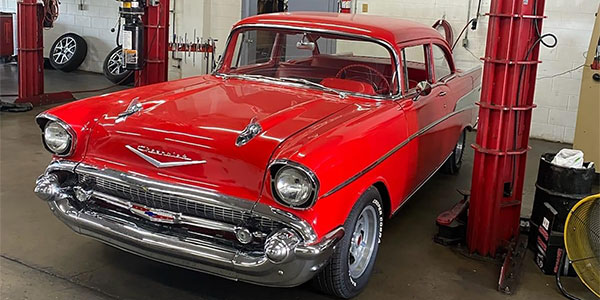
Mount Sterling is a small town in eastern Kentucky, with a population of a little over 7,500. Justin says that there isn’t much competition for a transmission shop in the area, and those shops in the region tend to be appropriately spaced out.
“The nearest competition’s probably 30 minutes away,” he notes. “There’s enough business for everybody in this area, honestly. The others are longtime shops as well. I don’t look at it as competition because we all get along really well and we’ve all got plenty to do.
“There are a lot of cars on the road, but there’s not a lot of people to do the work on them that know what they’re doing or are able to keep up with it.”
In fact, in terms of competition, there’s often more pressure placed by salvage yards offering cheap prices and long warranties, Justin notes. “Transmissions are something, in my opinion, that are going to be harder and harder to find. The salvage business, in my opinion, has taken hold and transmissions, I would say, are probably in their top five items they sell. Hence, why a lot of the salvage yards you see are increasing their warranties in order to compete with transmission shops—or at least in our area that’s what we’re seeing.
“We go up to a three-year 100,000 mile parts and labor warranty, and that’s just trying to be competitive with salvage yards because they’re offering that kind of warranty on used options.”
Parts availability in general is a continuing issue across the industry, and Camargo has of course not been immune to this.
“Even though we’re three years past COVID, we’re still having problems getting parts where I am,” he says. “It’s a little bit easier, but it’s not fixed. It’s still one of my biggest issues. When you have a guy with a 2022 Dodge one-ton who’s in farmland driving the truck and you can’t get a part for two or three weeks, what do you do?
“I called the dealer and the dealer says, ‘It’s on national backorder. I don’t know when I’ll get it.’ That’s not an answer that the customer is willing to take. Now the dealers are probably taking advantage of that by trading their vehicles in and putting them in a new vehicle, but I don’t have that option. I’ve got to find the part.”
Strengths
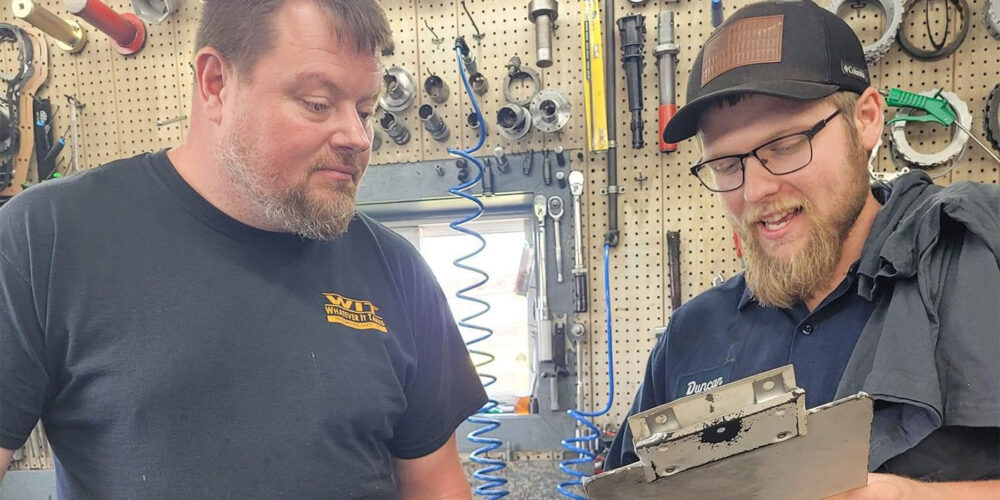
Justin mentions finding the right employees to fit in as a challenge, but says that his own employees are a strength.
“I’m very blessed with great employees,” he says. “I’ve got two that’ve been here 20-plus years, and they’re both in their 40s right now. I’ve also got two that came to us straight out of high school.”
He notes that as a group, his team skews younger than the average transmission shop—it tends to be an old-school business. Justin finds that one key to success is focusing on the next generation.
“I really believe in investing in the kids, and the school system and the community,” he says. “If I wasn’t able to do that, I don’t think I would’ve found the guys I do have. What you put in is what you get out.
“I’ve got plenty of help right now. I could use one more, but we’re good. We’re making it.”
So what does Camargo do to invest in the community?
“Well,” he answers, “sports are always looking for help with team sponsorships, so we always try to set aside an allotted amount for all the different events going on.
“Community-wise, we’re a member of the Chamber [of Commerce]. Anything that’s going on with our community, we just try to pour back into it. I feel like that’s why we stay so busy is we try to be fair and honest with people and we put back into our community. And therefore, they come back and have us work on their vehicles.”
Lessons learned
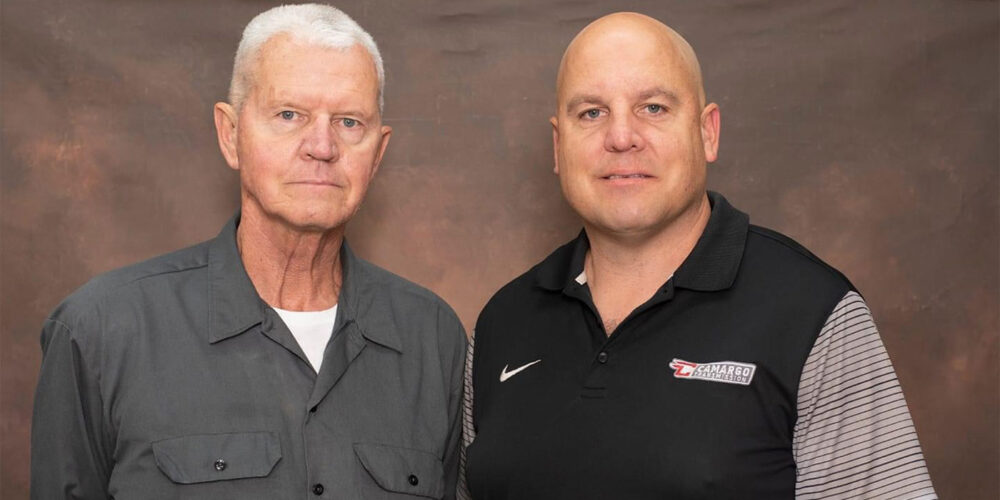
“My dad and my grandfather always told me, ‘Take care of your customer and they’ll take care of you,’” Justin says.
For Justin, this often takes the form of placing importance on explaining things to the customer and working with them, especially those who may not know cars well.
“A lot of people don’t have a clue about vehicles,” he points out. “So when the car is having a problem, I want to teach them that I’d be a whole lot less expensive if we look at it then, rather than wait until it gets worse.
“I’ve always said, ‘90% of the process for jobs that come in is about diagnosing it; 10% is to fix it.”
As you might expect from a company with 105 years of history, the name Camargo Transmission is very well known in the community. Feedback has been positive as well; the shop, for example, maintains a 4.7/5 rating on Google Reviews, an important metric for potential new customers doing their research.
“Another thing that I find very important in my shop is cleanliness,” he notes. “I try to treat every vehicle as if it’s my vehicle. We’re not spotless, but we’re close. I like to keep places clean because I think that reflects on your job that you do. And whether it’s a $100 job or a $5,000 job, you’ve got to take care of each and every vehicle. There are vehicles that come in the shop that you wouldn’t let your dog sit in, but you’ve got to take care of it because that’s all they have, and that’s the best that they can come up with and they need help.”

